- ZZ Plant: Resilient and Low-Maintenance
The ZZ Plant (Zamioculas zamifolia) is a resilient and visually appealing houseplant suitable for those with a tendency to forget watering schedules. Its large rhizomes store water, allowing it to withstand periods of drought. Shane Pliska, the president of Planterra, notes that ZZ plants thrive in lower light conditions, making them a double-win for low-maintenance plant enthusiasts.
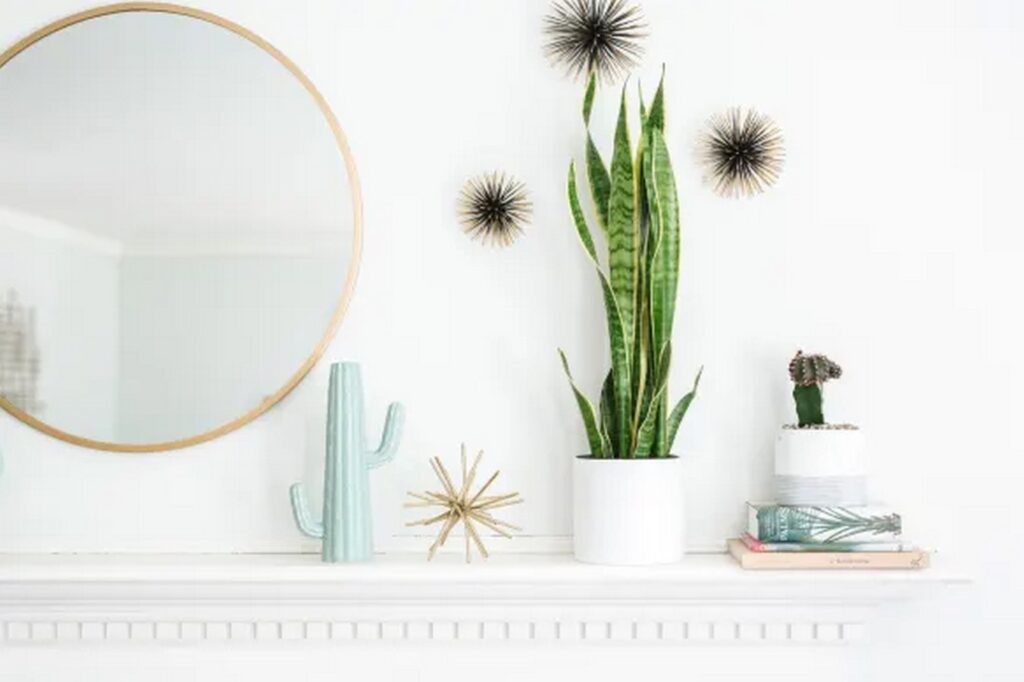
- Ponytail Palm: Desert Elegance with Water Storage
Despite its misleading name, the Ponytail Palm (Beaucarnea recurvata) is not a true palm but shares characteristics with desert plants like yucca and agave. Featuring a bulbous trunk that stores water, this plant is highly drought-resistant. Karen Musgrave from Hicks Nurseries recommends ponytail palms for those who occasionally forget to water, as they can endure extended periods without moisture. Additionally, they are non-toxic to pets.
- Pothos: Popular and Forgiving
Pothos (Epipremnum aureum) is a popular houseplant celebrated for its adaptability to lower-light conditions and infrequent watering. Kristina Cocke of Plantiful Plant Care advises watering every seven to 10 days in colder months and four to seven days during the growing season. Pothos, with proper soil conditions, can tolerate longer intervals between waterings, making them a resilient choice for busy plant owners.
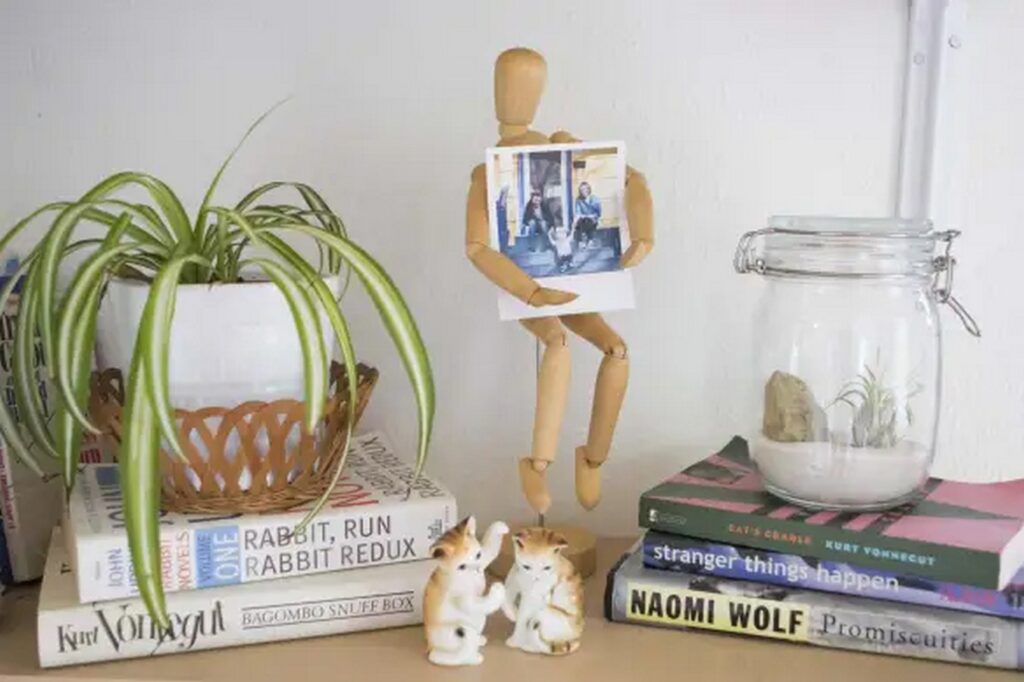
- Snake Plant: Tough and Stylish
The Snake Plant (Sansevieria) stands out as a robust and stylish addition to any plant collection. Shane Pliska emphasizes its tolerance, capable of enduring weeks or even months between waterings. With various varieties available, including black and gold-striped and dwarf options, the snake plant’s spiky, tall structure makes it well-suited for larger floor planters.
- Spider Plant: Hardy Propagators
Spider Plants (Chlorophytum comosum) are known for their ability to propagate easily, producing tiny plants on their elongated stems. While they can endure dry spells and thrive in low to medium light settings, proper pot selection is crucial. Kristina Cocke suggests using terra cotta pots for spider plants but emphasizes the need to monitor soil moisture levels more frequently due to the porous nature of terra cotta.
- Aloe Vera: Succulent Champion
Aloe Vera (Aloe barbadensis), a representative of succulent plants, is hailed as the champion of tolerating low-water conditions. Bart Nanka, a plant expert at Mudbrick Herb Cottage, describes Aloe Vera as easy to care for, capable of thriving in low light, and requiring infrequent watering. Its unique appearance and medicinal properties further enhance its appeal.
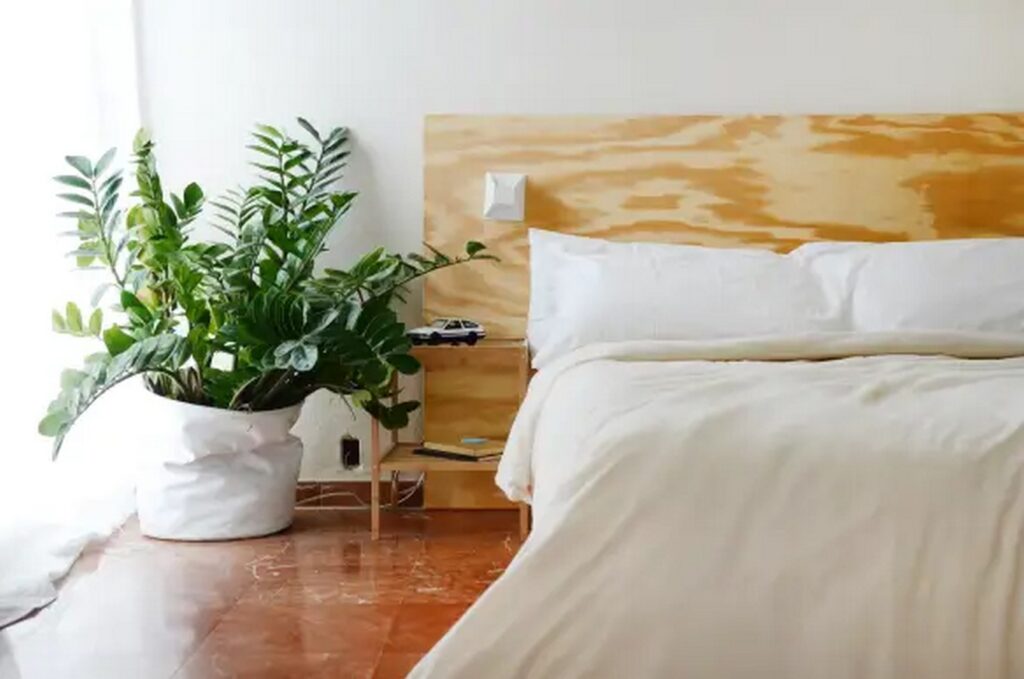
- Haworthia: Ideal for Beginners
For novice plant parents, Haworthia (Haworthiopsis attenuata) is an excellent starting point. Kristina Cocke recommends these small, water-retaining plants for their ability to thrive with infrequent watering. Their compact size makes them suitable for tight spaces and windowsills. Cocke advises watering every 14 to 21 days and keeping them in their original substrate for optimal care. Most nurseries sell haworthia in damp moss, ensuring proper moisture retention.
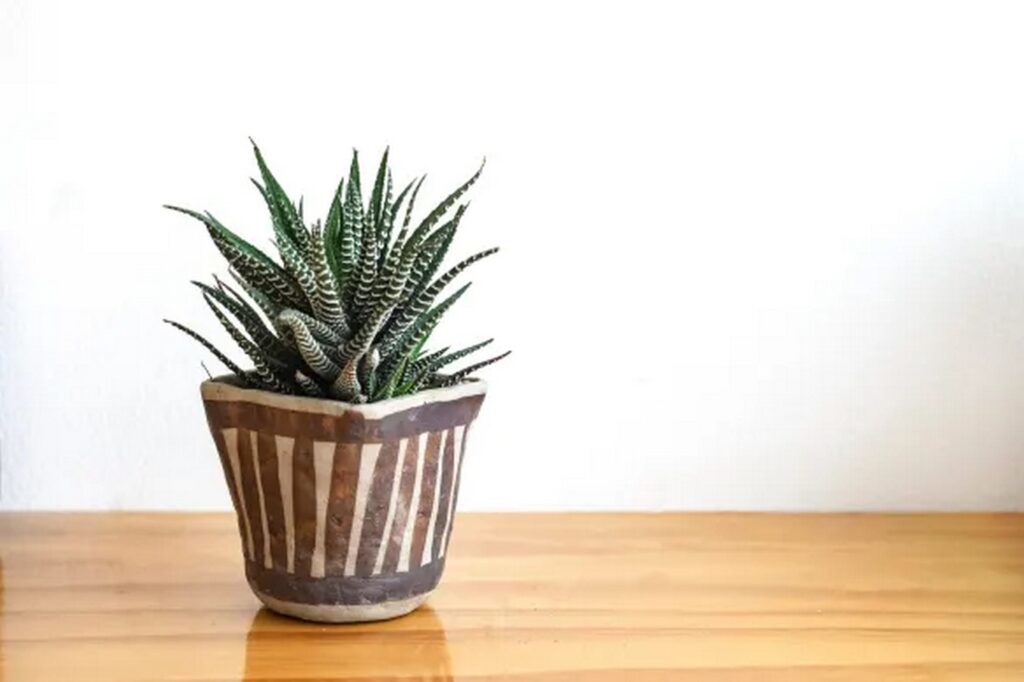



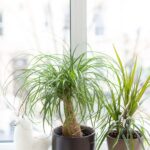

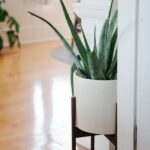


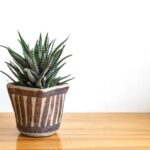
Leave a Reply